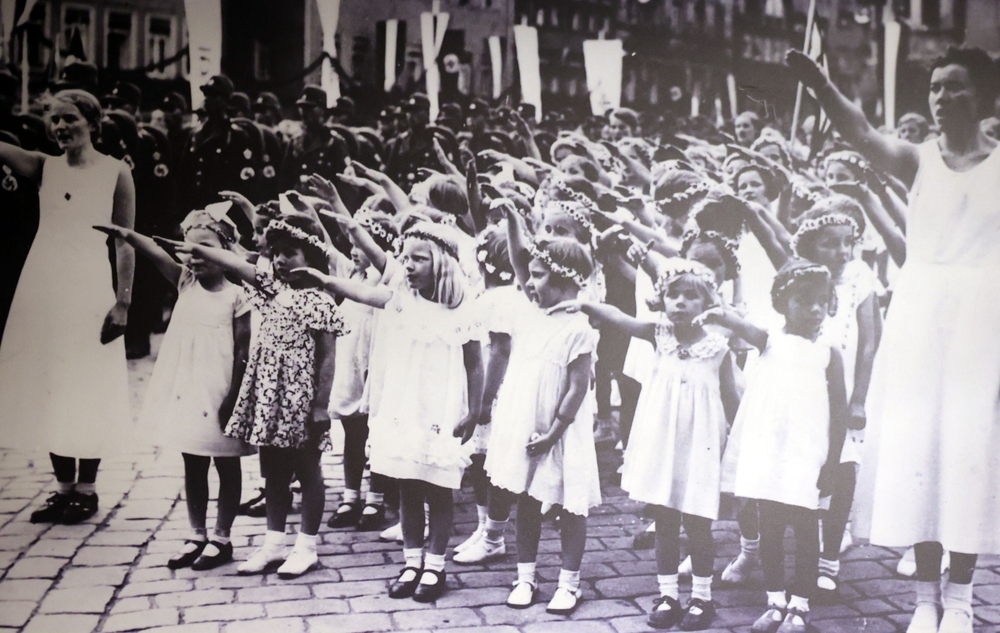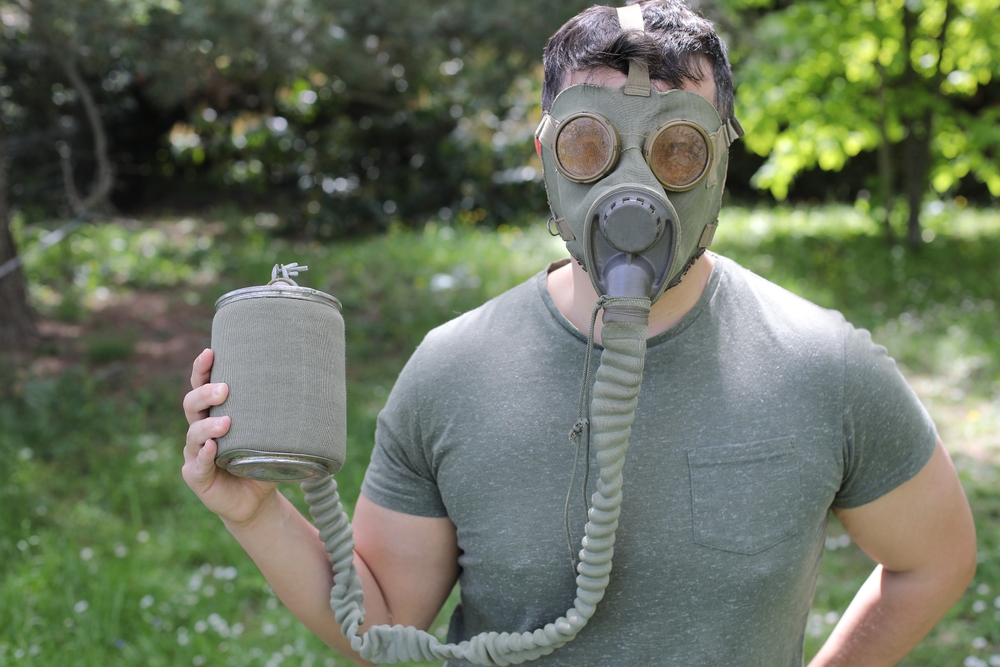Surviving is just the beginning! Did you know that WAR trauma has long-lasting effects on children’s development?
A peaceful morning followed by the explosion of a missile in the distance transforms life into survival. Alarms kept ringing in her eardrums as she made her way into the catacomb, holding hands with her little brother, who she was supposed to take to school that day…
All children deserve safety and happiness. But as of March of 2025, almost 1 in 5, or 473 million, children lived in a war conflict zone in the world.
According to the international organization Save the Children, ”We notice that Syrian children, through our work with them, are not like other children. They’re always stressed. Any unfamiliar noise, if a chair moves, or if a door bangs shut, they have a reaction. This is the result of their fear – of the sound of planes, of rockets, of war,” explained Ahmed, a recreational coordinator in Idlib, Syria.
Would you imagine having to permanently live in war zones and refugee camps your whole life? For generations, this is precisely what has been happening in Gaza.
Children’s key developmental stages are not to be neglected. They can dictate a lifetime’s personality and emotional intelligence. But when it happens, it is devastating. And we need to learn how to help them when in need.
Here is everything you need to know about the war effects on children’s mental health! It is important to raise awareness against war trauma for the general public to understand that supporting war is no good for anyone, but most especially for children and their already fragile mental health.
Scroll down to the article

The results of war trauma: Children as targets and collateral victims to a system that is broken and fails to protect them
An armed conflict of war impacts children’s mental health in the following ways, but not limited to:
- Anxiety, loneliness & insecurity
- Emotional withdrawal
- Aggression
- Psychosomatic symptoms
- Turning to self-harm and other self-destructive behaviors as coping mechanisms
The immense disruption of daily life caused by war stemming from loss of homes, friends, and family can cause high rates of depression and anxiety in children, particularly younger ones. It is unfortunate that children exposed to war traumas can become desensitized and emotionally numb as a direct cause of violence as the new normality in their critical development stages.
These children may even start showing aggression to other peers in their cohort, for example, by means of bullying and fighting. This is seen as part of the results of war on children’s mental health and development.
On the physical level, poor mental health can often interact with physical health as well. Refugee children have high levels of stress that can manifest through symptoms such as pains in the head and chest, difficulty in breathing, and, in rare cases, even temporary loss of movement in their limbs.
Many refugee children also display a difficulty in speaking and begin to stutter in their native tongue. Some of them also experience partial amnesia. Children from 6 to 15 are not able to remember things due to their memories dismissing the atrocities they had seen. These young hopes lose their childhood for good, and professional support is needed for reintegration into the society or their new host countries.
Sadly, in other cases, older children see no other escape from the trauma than to turn to substance abuse or even self-harm behaviors as coping mechanisms for remembering and living in aggression.
Half of civilians affected by war are children! As a result, war is the ultimate abuse of children’s rights (United Nations)
A record of more than 30,000 grave violations against 23,000 children in 26 conflict zones was registered by the United Nations in 2023. This number only continued to grow in 2024, with the most cases happening in Israel and the Occupied Palestinian Territories, the Democratic Republic of Congo, Myanmar, Somalia, Nigeria, and Sudan.
Other devastating effects of war and armed conflicts hinder the supply chains in agriculture and leave children malnourished. In the long term, this translates to children developing poor immune systems and brain cognition. The disruption of health programs also results in extremely low vaccination rates and a steady increase of disease during wars.
This situation is unimaginable, especially for infants and pregnant women that are suddenly faced with war.

As these affected refugee children reach adulthood, their war-caused problems can generally manifest in more grave ways. The permanent damage to their nervous system will dictate their education prospects and adult social relationships. This is referred to also as a change in personality. The prolonged ill effects put a barrier to children’s basic needs of emotional validation, protection, food, shelter, and equal opportunities for growth. If unmet, these needs can later turn into insecure attachments, where formerly refugee children can struggle with everyday life as adults.
For those children that were already at risk of discrimination and marginalization, for instance, disabled or geographically isolated individuals, these effects can be exacerbated. According to the charitable organization World Vision, such vulnerable children are more prone to being victims of physical injury, human trafficking, exploitation, or forced enrollment in the armed conflict, too.
Despite the rise of war and armed conflicts in the world nowadays, there are solutions that can reduce the harm inflicted on children. International organizations and humanitarian movements have had, so far, a very important role in these vital interventions. Clear government policy and action are required to sustain these efforts for an indefinite amount of time.
The multitude of connections between causes and effects of war on children’s mental health is currently well-studied by research. Statistics truly show that we are left with a considerable problem that is only being tackled with band-aids. Nonetheless, the far-reaching effects of war on refugee children and their growing development are still complex to understand.
If you want to get involved or know a child that was affected by war aggressions, it is important to note that we must increase funding for child protection and properly respond to the many ongoing humanitarian crises, no matter the culture or region of the world. At the end of the day, we are really talking about the very next generation of leaders and key workers.
Here are clear actions we all must take to support refugee children and hope for a better future, from UNICEF:
- Providing equal support to all, no matter where they come from or what personal characteristics they may have
- Recognizing refugee children as, first of all, children—in order to apply the appropriate legislation of children’s rights
- Keep refugee children close to their families
- Protect refugee children from discrimination and xenophobia, especially relevant for displacement
- Militate against harmful border & immigration management practices by federal personnel, such as child detention centers
- Empower these refugee children to build back and unleash their passions
You can now learn more about how to undo war trauma with a useful and impactful read here.
How has your opinion changed on war and its necessity? Let us know what you think down below in the comments.
If you found this useful, continue reading 5 Signs You Have High-Functioning Anxiety (WITH TIPS).